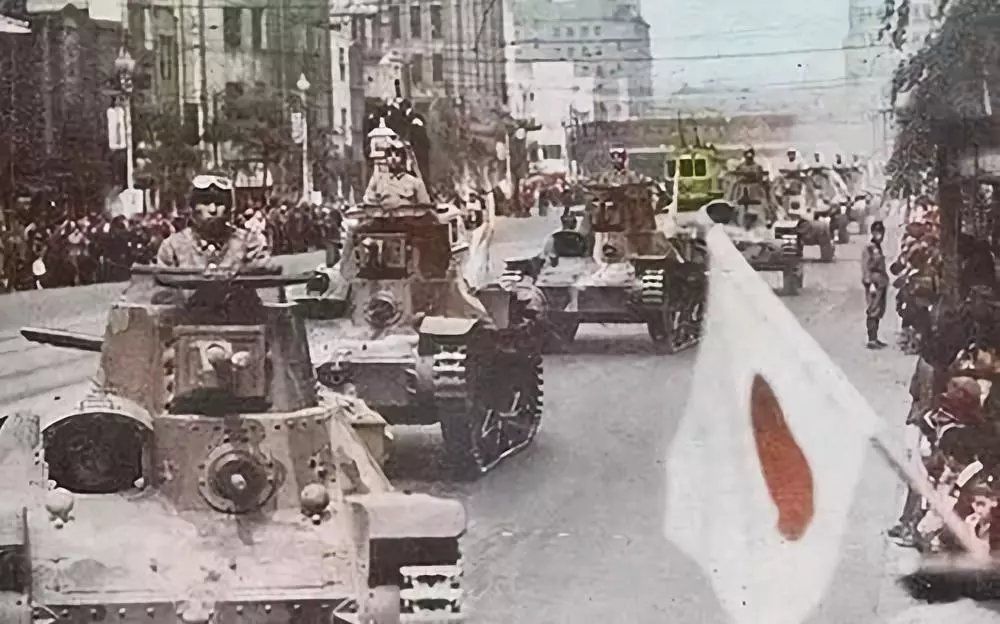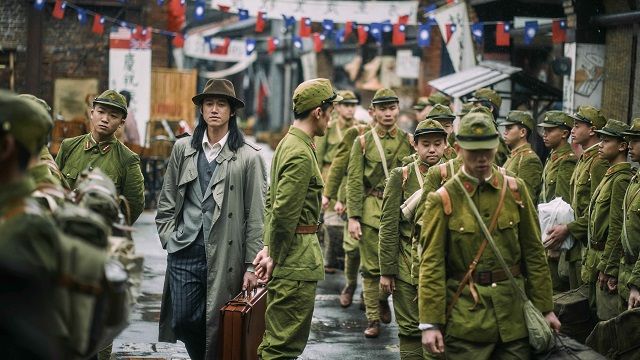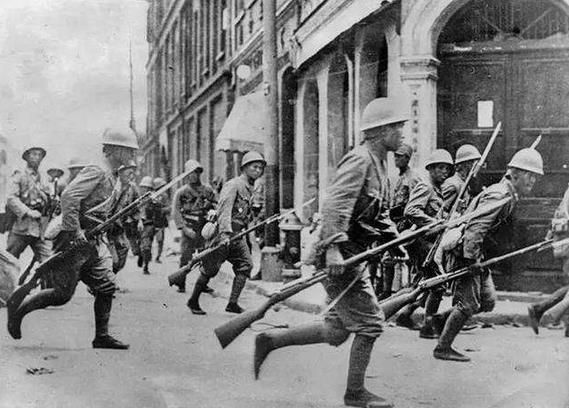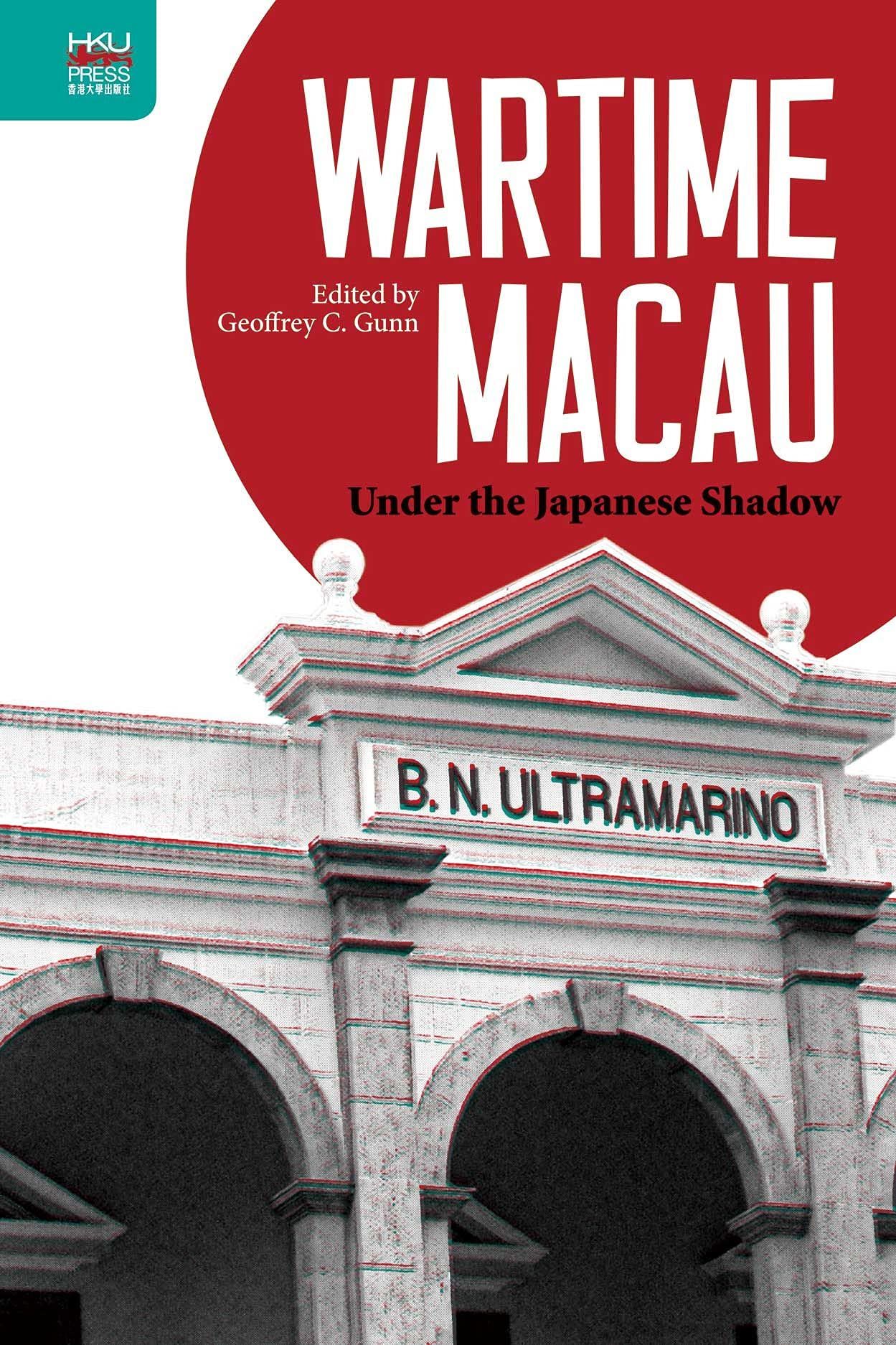Drugs in Macau were also praised by the Japanese army in World War II
Author: Cheng Weiheng (member of "Storytelling on the Frontier of Empire")
"Porn", "gambling" and "drugs" have always been popular themes in Macau. Last year, we introduced a powerful opium king in Hong Kong and Macau, Hysan Lee . The response was relatively good, so we decided to continue talking about the story between Macau and "drugs". And today’s protagonist is the infamous Japanese Army of World War II.
After the end of World War II, Japanese people who had committed crimes during the war were tried. Many of the Class-A war criminals had committed drug trafficking crimes. Although this was trivial compared with other crimes, the hidden truth behind them was History is still worth pondering for future generations.
Scholar Li Enhan pointed out in his research that the Japanese government had planted various drugs (such as opium poppy) on a large scale in the Chinese-occupied areas and made huge profits from it. Today, we mainly focus on discussing the Japanese drug trafficking network in South China, because it is closely related to Macau (a non-Japanese-occupied territory).
a drug trafficking chain
Li Enhan pointed out that the Japanese army did not occupy South China for a long time and in a large area, so drug trafficking activities were concentrated in Xiamen and Guangzhou. At that time, Xiamen was within Japan's sphere of influence, so Japanese drug trafficking activities there were more active than in Guangzhou.
Long before the outbreak of all-out war between China and Japan, Japan had openly carried out drug trafficking activities in Fujian. According to a report made by Japan in the 1920s, although opium cultivation and smoking were prohibited in Fujian Province, there were more than 200 opium opium opium opium opium opium opium opium producers in Xiamen alone. The opium dens opened by Japanese nationals fully reflected that the prohibition was in vain. Why do so many Japanese people dare to violate the Chinese government's ban and openly sell opium?

The answer is simple, that is, they enjoy extraterritoriality in Fujian, and the ban does not apply to them at all, so they naturally sell opium with confidence.
Interestingly, these Japanese nationals are not all Japanese, many are Taiwanese who have naturalized Japanese citizenship, and even Chinese. It is said that at that time, many Japanese Taiwanese were engaged in smuggling drugs under the protection of the Japanese Consulate in Xiamen. Later, they organized the "Xiamen Taiwan Residency Association". The name of its charter stated that this association specialized in opium trafficking. It can be seen that the Japanese Taiwanese at that time were selling opium. How blatant is opium.
The reason why the Japanese government sheltered them was of course not because they were "similar in origin", but because they wanted to use their hands to earn huge profits from selling opium (it is said that the Taiwan Governor's Office was involved in the Taiwan-Xiamen opium trade) , and then used the funds to fund Fujian bandits and warlords to resist the Chinese government. In today's terms, it is completely "eating China's food and smashing China's pot."
Japanese Taiwanese and traitor
The Chinese Japanese are obviously the white gloves of the Japanese government, and the most famous among them is Ye Qinghe, known as the "Opium King". Ye Qinghe was born in Xiamen and later became a Japanese citizen. Since the author cannot find any more information about him, how he got involved with the Japanese government seems to be a big question worth answering.

In any case, Ye must have a good relationship with Japan, otherwise he would not have been successfully naturalized. In addition, once he was arrested by the Fujian government, and the Japanese consul intervened to order his release, which proves that Ye has close ties with Japan. After the fall of Xiamen and Guangzhou, the Japanese Taiwanese and Ye Qinghe both played an extremely important role in drug trafficking.
In May 1938, the Japanese army captured Xiamen, and then allowed opium to be sold on a monopoly basis. They also established an anti-smoking bureau to take charge of opium affairs, and the bureau was headed by Lin Chi-chuan, a Japanese-Taiwanese (but the actual power to sell opium was controlled by the Japanese Navy). ). In March of the following year, Guangzhou also fell. Chen Siqi, a Japanese-Taiwanese, established the "Fu Min Tang" in Guangzhou to contract the opium franchise in Guangzhou and even Guangdong Province.

It can be seen that the Japanese Taiwanese played a very active role in helping the Japanese army trade opium in South China. Why the Japanese army still needs the Japanese Taiwanese to serve as white gloves for selling opium in the occupied areas, the author did not elaborate much.
As for Ye Qinghe, he was a right-hand man of the Japanese army. In a familiar word, he was a "big traitor". It is said that he established "Fuxing Company" in Hong Kong with the assistance of Sahib Toyama (son of the famous Japanese Mitsuru Toyama) who served at the Consulate General of Japan in Hong Kong. During the war, this company had been traveling between Hong Kong and Guangzhou, engaging in trade and transportation business, such as transporting gasoline from Hong Kong to Guangzhou, and then transporting grain from Guangzhou to Hong Kong.
At first glance, Fuxing Company seems to be an ordinary company, but I'm afraid there's something else going on.
Insider information: Macau’s drugs are “plain, beautiful and honest”
After the fall of Guangzhou, Fuxing Company set up a branch in Guangzhou. Because of its close business relationship with Guangzhou, this move was very logical. However, Fuxing Company also opened a branch in Macau later, but researcher Li Enhan did not have any information to know what kind of business this Macau branch was engaged in, which is a bit mysterious.
Based on Li Enhan's research and the author's understanding, the Macau branch, and even the entire Fuxing Company, must be involved in the opium trade.
Li Enhan said that when the Pacific War broke out, Japan needed more funds to invest in the war, so the Japanese army expanded the scale of opium cultivation in the occupied areas to develop financial resources. In addition to growing more opium, Japan also actively imported opium to various places for resale, including of course Macau.

It is said that a lot of opium in Macao was imported from Iran at that time, and Iranian opium was the highest quality among opium, and the price in Macao was only half of that in China. In 1942, Japan even established the Opium Monopoly Bureau in Macau, which made Fu Min Tang, which originally owned the Guangdong franchise, unable to operate and close down.
It is conceivable that the "flat, beautiful, and honest" opium from Macau was exactly what the Japanese army needed. They could simply purchase it from Macau and earn high profits once they resold it. As for the company responsible for transporting opium from Macau to Guangzhou, the author guesses that it is probably Fuxing Company.
Historical research on Macau during World War II has always seemed to focus on "resistance against Japan," with little detail on the actual use of Macau to Japan. For drugs, Macau is a good transit point. They are imported from all over the world to Macau and then transported to China for resale for profit. However, few people have studied this aspect in the past.
In addition, since Japan is involved in "drug" in Macau, "yellow" and "gambling" must also be able to find traces of Japan, and these stories really need people to discover more.
#Number of articles: 1️⃣2️⃣2️⃣
👉February Lecture: Daily Stories of the Lower Class in the Qin and Han Dynasties (Ma Zengrong, Assistant Professor, Department of History, University of Macau)
👉Macau Learn Universe 16
Like my work? Don't forget to support and clap, let me know that you are with me on the road of creation. Keep this enthusiasm together!

